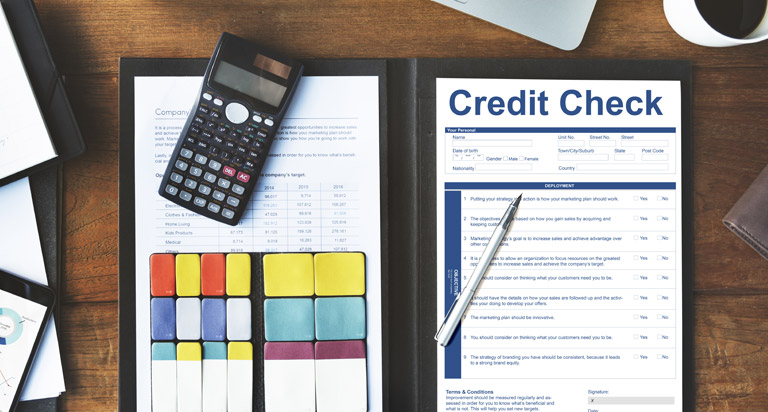Is it Ok to Check Your Credit Score?


Highlights:
- Checking your credit score will not have any impact on your credit history or score.
- You have more than one credit score; credit score providers use different models.
- Checking your credit score is a “soft inquiry”. Soft inquiries do not impact your credit scores.
Does checking your credit score actually lower it? This is a common myth; checking your credit score does not have a negative impact on your score. In reality, checking your credit score can be an important step.
Before we jump in, it's important to know that there are many different credit scoring models. Your credit score may vary depending on the credit score model used by the credit score provider creating the credit report.
Is it bad to check your score?
In general, it is not bad to check your own credit score and you can do so without harming it.
Checking your credit score is an important part of monitoring your financial health. This is especially true if you're in the market for a new loan or other credit account. It's important to understand what your credit score is and how it might affect you. It could affect possible credit accounts, interest rates and other lending terms.
Checking your credit score will not have an effect on it. Requesting a copy of your credit report or checking your credit score is often called a “soft inquiry”. Soft inquiries do not impact your credit score, but you may still see them on your report for 12 to 24 months.
What affects your credit score and can you check it without lowering it?
Checking your credit score does not impact it. But, there are certain behaviors that could:
Your payment history. The payment history on existing credit accounts is a very influential factor. Late payments can impact your credit scores for up to seven years from the date of a missed payment. Late payments can continue to impact your credit score even if you pay the past-due balance. It's important to pay at least the minimum payments on your existing credit accounts when you can.
Hard inquiries. As mentioned, checking your own credit score is a soft inquiry that will not impact your credit score. After you submit a credit application, lenders review your credit history. This is a “hard inquiry”. This has the potential to impact your credit score.
Hard inquiries help lenders see how often you've applied for credit. Too many within a short period of time may suggest to lenders that you're seeking more credit than you can pay back. This could also impact your credit score. Hard inquiries can stay on your credit report for up to two years, though they impact you less over time.
Opening or closing credit card accounts. When you apply for a new credit card, the creditor or bank will make a hard inquiry into your credit history. This can cause a temporary drop in your credit score and show up on your credit report for up to two years.
Depending on your financial situation, closing a credit card account may also impact your credit score. This happens by altering your credit utilization rate. This percentage is the amount of credit you're using compared to the total amount available to you. It is a factor used in calculating your credit score.
Closing a credit card account could lower your total credit available. This increases your credit utilization rate, which may have negative consequences. Keep in mind that a credit utilization rate of more than 30 percent can damage your credit score.
Closing a credit account that you've had for a long time. The average age of your credit accounts also factors into your credit score. Having credit accounts open for a longer period of time is a good thing to lenders. Closing your oldest credit card accounts can lower your score the most. If you close a more recent credit card account, it will likely have less of an impact on your credit score.
Can you check your credit score without lowering it?
There are quite a few ways that you can take a quick look at your credit score without impacting it. Many credit card companies and banks offer a free credit score for cardholders and other customers.
You can get a free monthly Equifax® credit report and a free monthly VantageScore® credit score by enrolling in Equifax Core Credit™. This credit score is a VantageScore based on Equifax data. A VantageScore is one of many types of credit scores. You can also get your free weekly credit reports through www.annualcreditreport.com.

We get it, credit scores are important. A monthly free credit score & Equifax credit report are available with Equifax Core Credit™. No credit card required.



